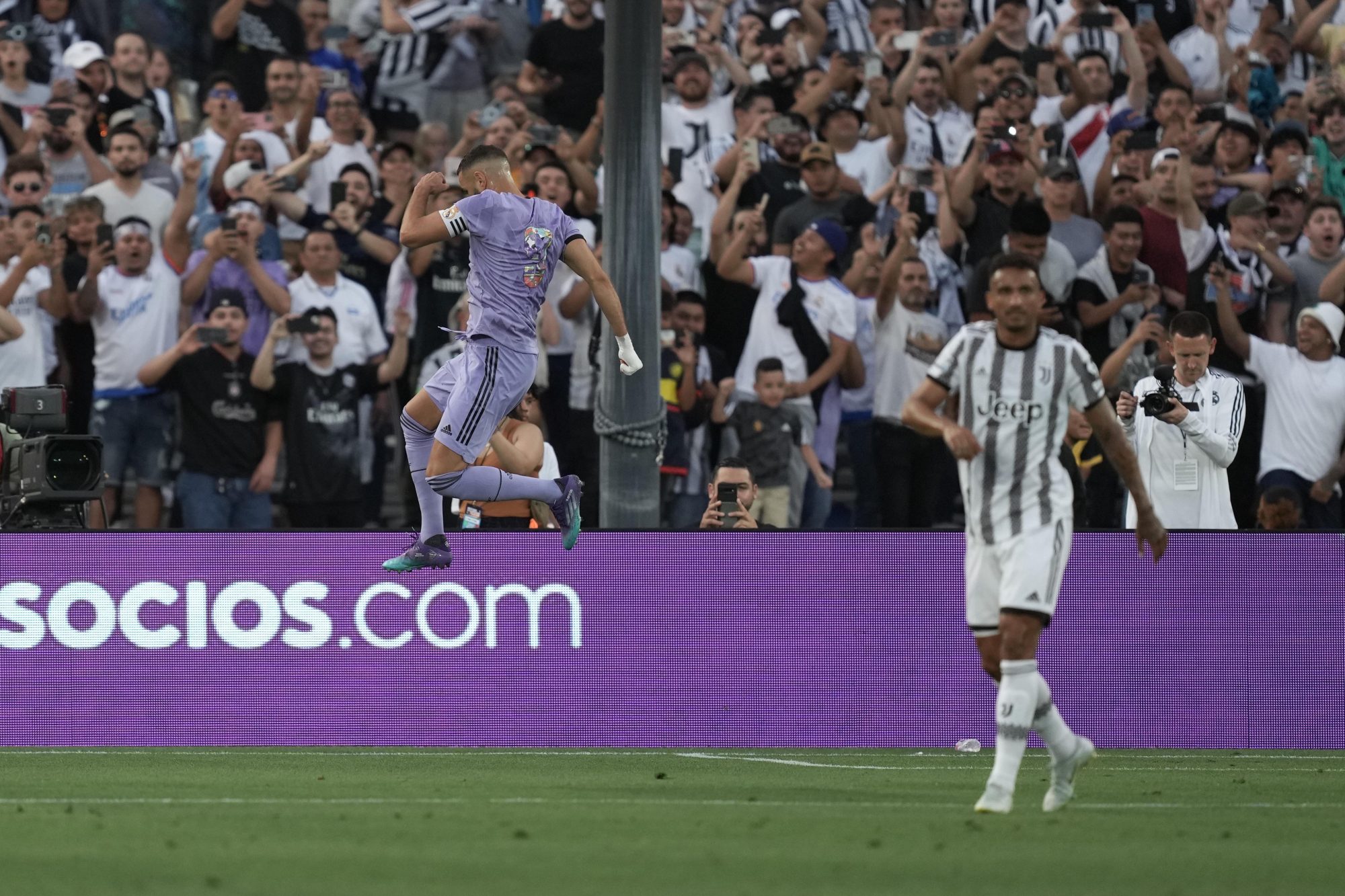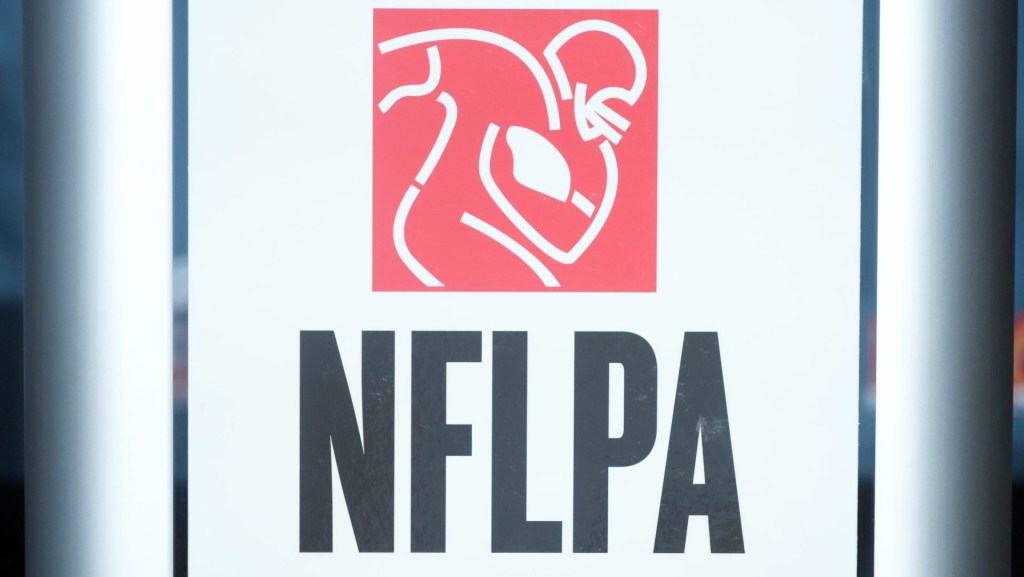The prospect of a European Super League taking form has received further legal support through a new ruling in a Spanish court. But the highly debated venture remains shrouded in uncertainty.
The Madrid Commercial Court No. 17 ruled on Monday that FIFA and UEFA must cease any “anti-competitive conduct” that would preclude the formation of rival, pan-European leagues such as the ESL, and that the two governing bodies “have abused their dominant position … and are preventing free competition in the market by imposing unjustified and disproportionate restrictions” on clubs.
The decision follows a similar ruling in December by the European Court of Justice. Described as the first application of the legal framework of that prior case, the decision is enforceable across the European Union.
“The era of the monopoly is now definitely over,” said Bernd Reichart, chief executive of A22 Sports Management, a company formed to aid the development of the ESL and the entity that brought the case against UEFA, FIFA, LaLiga, and the Spanish soccer federation. “We look forward to continuing our dialogue with clubs of all sizes to improve club football at [the] international level to make it more accessible and compelling for fans.”
But not so fast, say FIFA and UEFA. Despite the apparent victory for the prospect of the ESL, the two organizations said the ruling does not explicitly endorse the formation of the new league. The Premier League is not subject to the ruling due to the U.K.’s Brexit move to leave the European Union.
“The court has not given the green light to, nor has it approved, projects like the Super League,” UEFA said. “In fact, [Judge Sofía Gil García] has asserted that the Super League project has long been abandoned and that she cannot be expected to rule on any abstract projects.”
A New Day for FIFA, UEFA
Both FIFA and UEFA, however, have something of a history of asserting success even in the face of adverse developments, such as EA Sports’ departure as a major FIFA commercial licensee. The video game developer successfully created its own soccer game franchise, despite FIFA’s strident claim in 2022 that the “only authentic, real game that has the FIFA name will be the best one available for gamers and football fans.”
FIFA also has been forced to adjust to a new commercial reality elsewhere, as a recent legal settlement is likely to help enable European pro leagues playing regular-season matches outside of their home territories—something FIFA previously resisted.


![[Subscription Customers Only] Jun 15, 2025; Seattle, Washington, USA; Botafogo owner John Textor inside the stadium before the match during a group stage match of the 2025 FIFA Club World Cup at Lumen Field.](https://frontofficesports.com/wp-content/uploads/2026/02/USATSI_26465842_168416386_lowres-scaled.jpg?quality=100&w=1024)



![[Subscription Customers Only] Jul 13, 2025; East Rutherford, New Jersey, USA; Chelsea FC midfielder Cole Palmer (10) celebrates winning the final of the 2025 FIFA Club World Cup at MetLife Stadium](https://frontofficesports.com/wp-content/uploads/2026/02/USATSI_26636703-scaled-e1770932227605.jpg?quality=100&w=1024)










